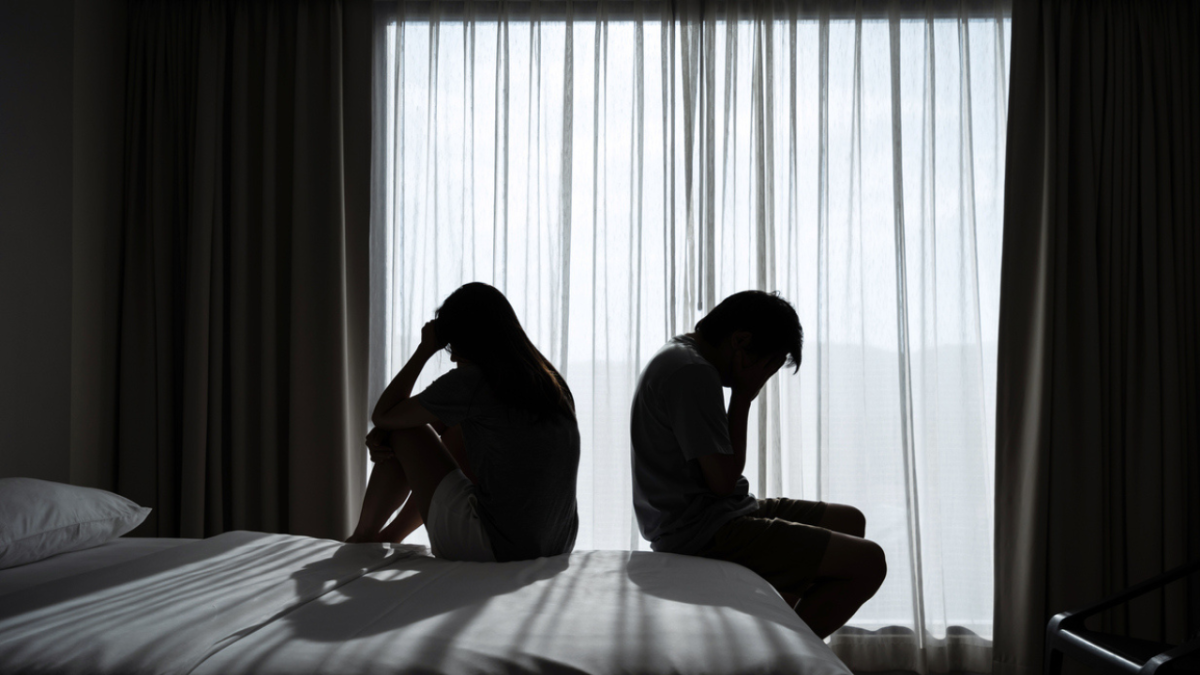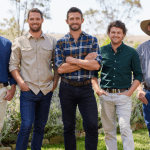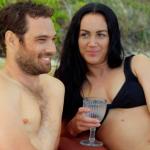
It’s no secret that life after Covid has been hard to navigate, but new reports have revealed that the pandemic has had a massive impact on relationships that many couples are still grappling with.
Jemima Petch spoke to The Guardian about the deteriorating state of Australia’s romantic relationships in a post-Covid world.
Petch is a clinical psychologist and the head of practice at Relationships Australia Queensland (RAQ), and she says without the pressure relief valve of regular external activities, stress built up inside many relationships until they burst at the seams.
“You didn’t have the workplace relationships or your hobbies and friends to go to, to have those conversations,” she says. “Everything focused in this one place.”
RAQ has had their phones ringing off the hook pretty consistently since the pandemic. Whilst their used to be spikes around predictable dates AKA Christmas (understandable) and the State of Origin (not so understandable), call takers are now saying it’s busy all the time.
The average call RAQ could expect has also grown far more complex, averaging about 45 minutes pre-pandemic and increasing to about an hour today.
“Clients are presenting with higher levels of complexity and distress and are at higher risk than ever before,” RAQ CEO Natasha Rae told the Guardian.
But this isn’t just a Queensland problem, with the same worrying relationship trends showing up in Victoria too.
Relationship Matters CEO Maya Avdibegovic, says the state’s repeated and harsh lockdowns have left many families in turmoil.
“It changed family dynamics, it changed dynamics in all relationships,” she says.
“It would be quite unrealistic that with the end of the pandemic that those issues would become automatically resolved.”
The organisation is funded to provide in-person marriage counselling. Before the pandemic, they were able to manage their family dispute resolution caseload with almost no waitlist. Today though, couples are having to routinely wait up to six weeks for counselling.
Which is a big problem in the world of marriage counselling.
“The earlier you can step into that space and support them, you can expect better outcomes,” she says.
“Any delay in that space actually has quite a negative impact on the relationship.”
There’s also been a big increase in the number of older Australians filing for divorce after Covid. Australia’s divorce rate grew in 2021 for the first time in years, to a rate of 2.2 per 1,000 people, which is up from the 1.9 percent we saw in 2019 and 2020.
The rise in divorce rates was partly as a result of administrative changes that allowed divorces to be finalised quicker, but counselling services say they are still continuing to send out divorce kits at an elevated rate.
Sam Young, client service leader at RAQ, says that she has noticed a spike in one demographic in particular when it comes to divorce.
“My staff have noticed that older people that had been in relationships for a long time, have come out at the tail end of the pandemic and are ringing for information on divorce,” she says.
“It’s unusual.”
It’s not just marriages that have been left strained either. RAQ research suggests about 18% of relationships including those among friends and family were affected negatively by the pandemic.
Petch says feelings of loneliness grew during the pandemic (duh) and didn’t necessarily disappear when the rules were lifted as the regular habitual social connections of individuals had been broken.
Loneliness can be as bad for you as smoking, and loneliness doesn’t just happen to those of us that live alone.
“We know a lot about loneliness and its negative effects on mental health. You can be lonely in a relationship.”
Broken communication was a massive factor that has negatively impacted romantic relationships since the pandemic.
The Deakin University senior lecturer Gery Karantzas conducted research on more than 3,000 people, looking at how relationships coped with change for more than a year during the virus.
What predicted a breakup wasn’t the severity of that stage of the pandemic, it was the number and severity of “stressors” on the relationship, and the effectiveness of the couple to cope with them.
“It might be that Covid exacerbated some things but the reality is … that stressors, strains and problems were already well present,” he says.
“If it wasn’t going to be Covid, it was going to be something else.”
Karantzas speculates that the increased requests for relationship help actually reflects pandemic messaging that urges people in trouble to seek it out.
For couples who are struggling to reconnect post-pandemic, Professor Brock Bastian from the School of Psychological Sciences at the University of Melbourne says that unfortunately there’s no quick fix for couples — it’s mostly about rebuilding those broken communication channels.
The couples who did make it through the stay-at-home orders largely got there because they were good at talking to each other, he says, and they should have a sense of increased confidence in their relationship from the experience.
“I think it’s a good test. To the extent that it was a challenge, and it was difficult. If you get through that, and you manage it well, I think it can increase your confidence to know you can handle a few difficult and rough periods in life.”
So after years of lockdowns turns out Covid is still fucking us over after all, great news.



